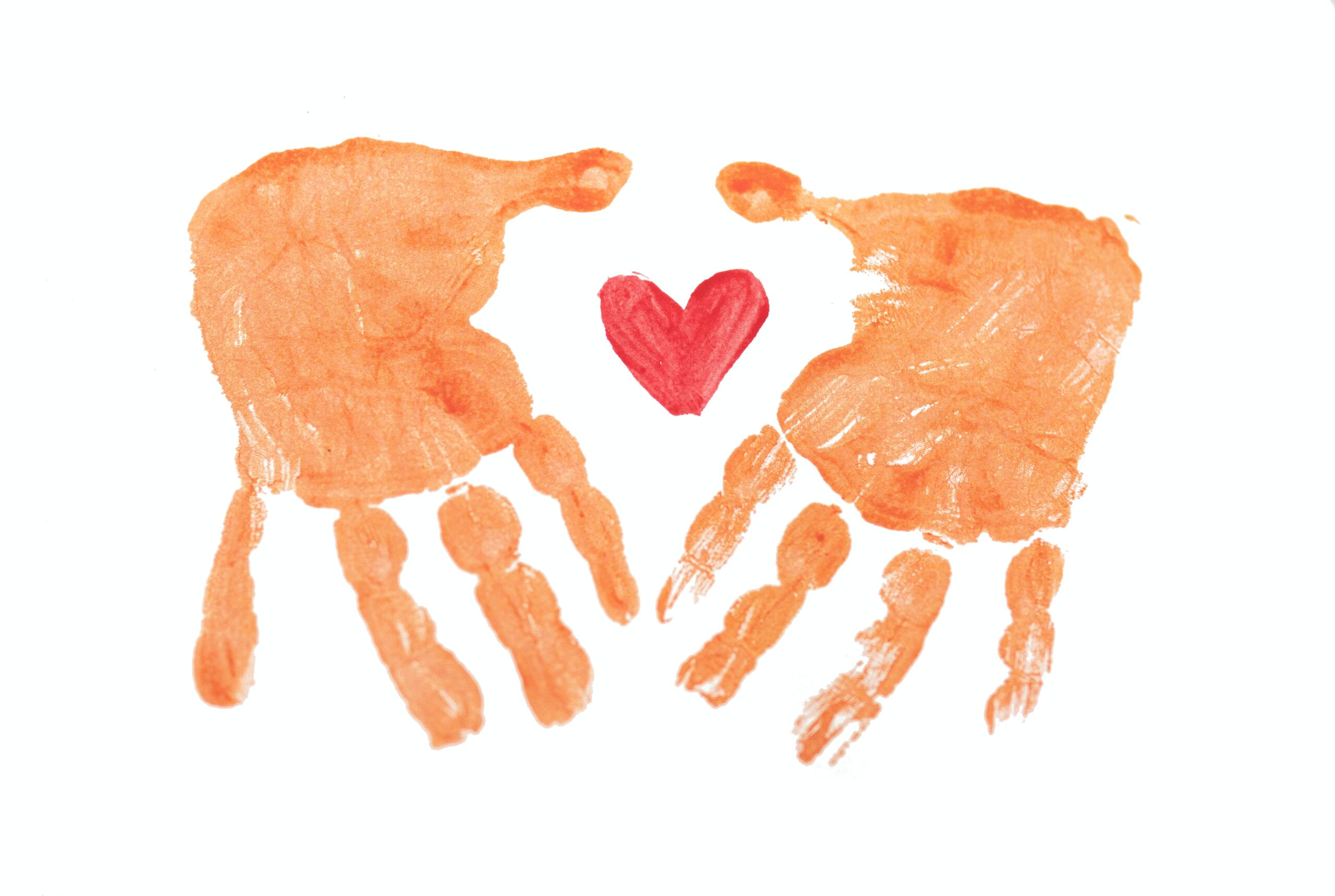In the face of a global pandemic and a pending apocalypse, how can anyone go back to the mundanity of everyday life while others are suffering so greatly?
There is no shortage of chaos in our periphery. Although corruption and war and disease and disorder have plagued every inch of the planet since what seems like the dawn of time, the gift and curse of connectedness means we are constantly inundated with bolded headlines that predict our imminent doom. It’s no wonder why the term “anxiety” has skyrocked in Google searches over the past 10 years. More recently, the threat of a global pandemic has interrupted our day-to-day coverage (also consisting of, but not limited to: nuclear war, the “BIG” earthquake, global climate catastrophes, and an entire Holocaust happening — and being covered up — right now).
The overarching question remains, although not often asked: how do we look at what’s happening around us and still clock into work every day? How do we sit down and send passive-aggressive emails, order lunch from the local Ralph’s, submit expense reports, apply for loans, do our homework and attend classes when the world seems to be burning around us?
According to Licensed Psychologist Wendy Sabbath, Ph.D., you just do.
“It’s very common these days to read the morning paper at work and find yourself panicking or becoming extremely apathetic at the thought of going about your day-to-day in the midst of all the death and destruction around you,” she says. “The key is to work on self-efficacy. When the problems around you seem too big to manage or even process, you make your world very, very small. What’s one thing you can control? How can you use that to make yourself feel better?”
Sabbath explains that it’s not unusual to feel helpless when looking at the big picture, but on a granular level, self-care and self-accountability can make a significant difference in the way we react and process chaos.
“Unless you work for the CDC [helping to eradicate the novel coronavirus] or are a firefighter [helping to extinguish the fires in Australia], there is nothing you can do to personally solve the world’s problems. But think about it on a very small scale: you focus on work, you do well, you get paid. You can use that money to donate to animal rescue services or medicinal research. You can afford to take time off to volunteer at a shelter, or even just to take a mental health break.
“If you just shut down and panic or become completely nihilistic, you’ll be doing yourself a disservice by neglecting your own mental health. It can feel like nothing will ever matter because the universe is so big and constantly feels unstable, but the reality is that neglecting your personal responsibilities only makes your personal universe that much more chaotic.”
Still, Sabbath says, it’s important to validate these feelings when they arise. These feelings are often referred to as “learned helplessness,” when an individual feels that they are completely powerless to the events occurring around them as a result of repeated trauma caused by external, uncontrollable “aversive stimuli”. This reaction can be a cause of depression and anxiety; it can also lead to total apathy or mania in reaction to additional negative stimuli.
One of the most effective ways to combat the helplessness is to flip the script on the messaging being received; in other words, when the news says that the world is facing a terminal crisis that teams of dozens, hundreds or even thousands of people cannot seem to resolve, one possible solution for staying sane in the face of such news is to join a community of like-minded individuals.
The sense of community and shared grief — as well as shared joy — is one of the most effective ways to protect and heal an anxious mind. The idea that many people working together can do more than one person working alone doesn’t only apply to putting out fires or developing vaccines; it also applies to just coping. Therapy groups and prayer circles provide an invaluable service to those on the fringe of crisis while others fight the battles they’re actually equipped to handle.
This concept not only applies to those living thousands of miles away from crisis, but also to those nearby with a sense of survivor’s guilt for remaining unaffected by said crisis: the West LA residents who watched on TV as their neighbors in Malibu fled their homes from apocalyptic fires last year; those who still went to their box seats at the college basketball game after learning of the tragic helicopter crash that stole the lives of several children and sports icon Kobe Bryant; anyone who vacationed to Tijuana after learning of yet another child’s death in a U.S. Border Patrol cage.
To those feeling burdened by the pain inflicted on others around them, Sabbath offers a gentle reminder: “Your guilt doesn’t relieve someone else’s pain.”
“We have a responsibility to ourselves and to each other,” she says. “It’s good to be mindful of others’ suffering and work to alleviate it but we have a responsibility to ourselves too.”



